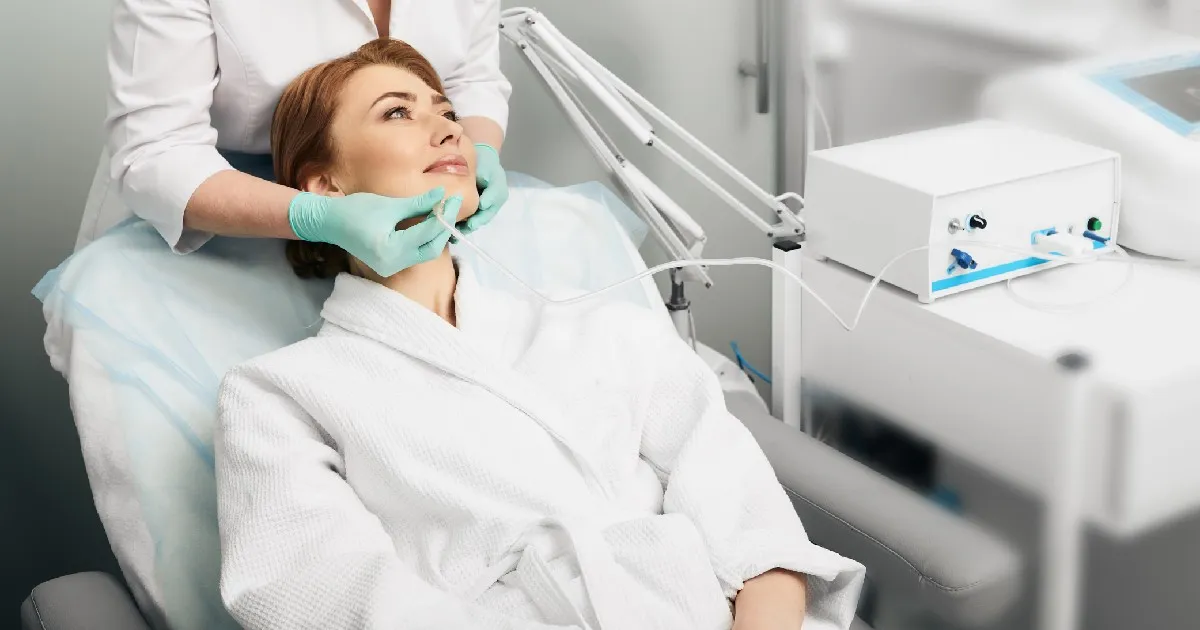Table of Contents
- Understanding Multiple Sclerosis (MS)
- How Do Umbilical Cord Stem Cells Work?
- What Studies Have Found So Far
- Promises and Limitations
- Why Choose The Re/ Clinic?
- Ready to Learn More?
At The Re/ Clinic in Sandy, Utah, we’re committed to providing advanced, science-backed regenerative therapies for those seeking new approaches to chronic conditions. One of the areas garnering attention is the use of umbilical cord stem cell therapy in individuals with Multiple Sclerosis (MS).
Understanding Multiple Sclerosis (MS)
MS is an autoimmune condition where the immune system mistakenly attacks the protective covering (myelin sheath) of nerve fibers. This disrupts communication between the brain and body, leading to symptoms like muscle weakness, fatigue, mobility issues, and cognitive challenges.
Current conventional treatments focus on slowing disease progression and managing symptoms, but many patients are now exploring regenerative options to complement their care plans.
How Do Umbilical Cord Stem Cells Work?
Umbilical cord-derived mesenchymal stem cells (UC-MSCs) are known for their powerful anti-inflammatory and immunomodulatory properties. These cells do not replace damaged cells directly; instead, they act by recruiting your own cells to release beneficial cytokines, growth factors, and signaling molecules.
This cellular communication encourages:
- Reduced inflammation in the central nervous system
- Modulation of the immune response
- Enhanced tissue repair processes
What Studies Have Found So Far
Several clinical trials and studies have explored the potential of stem cell therapy for MS:
A 2018 study published in JAMA Neurology showed that mesenchymal stem cell transplantation appeared safe and demonstrated improvement in physical function and disease stability in some patients with MS.
A 2021 systematic review of MSC therapy for MS found promising results regarding reduced inflammatory markers and improved quality of life metrics.
Ongoing clinical trials, such as those listed on ClinicalTrials.gov, are investigating the long-term effects of umbilical cord-derived stem cells specifically for relapsing-remitting and progressive forms of MS.
While these studies are early-stage, the findings suggest stem cell therapy could play a supportive role in modulating the immune system and improving patient outcomes.
Promises and Limitations
It’s important to emphasize that stem cell therapy is not a cure for MS. However, the potential benefits of umbilical cord stem cells include:
- Reducing neuroinflammation
- Supporting nerve tissue preservation
- Improving mobility and fatigue symptoms
- Offering a well-tolerated, non-invasive option
At The Re/ Clinic, we focus on safe, evidence-informed use of umbilical cord stem cells to complement your existing care plan.
Why Choose The Re/ Clinic?
Our clinic specializes in regenerative medicine protocols that prioritize both safety and patient experience. We source only the highest-quality, ethically obtained umbilical cord stem cells, ensuring rigorous standards in every treatment.
We believe in empowering your body’s natural ability to regenerate by leveraging cytokines, growth factors, and cellular signaling — with customized care tailored to your unique health goals.
Ready to Learn More?
If you’re living with MS and exploring options beyond traditional treatments, schedule a consultation at The Re/ Clinic today. Let’s discuss how umbilical cord stem cell therapy could support your journey toward improved function and well-being.






